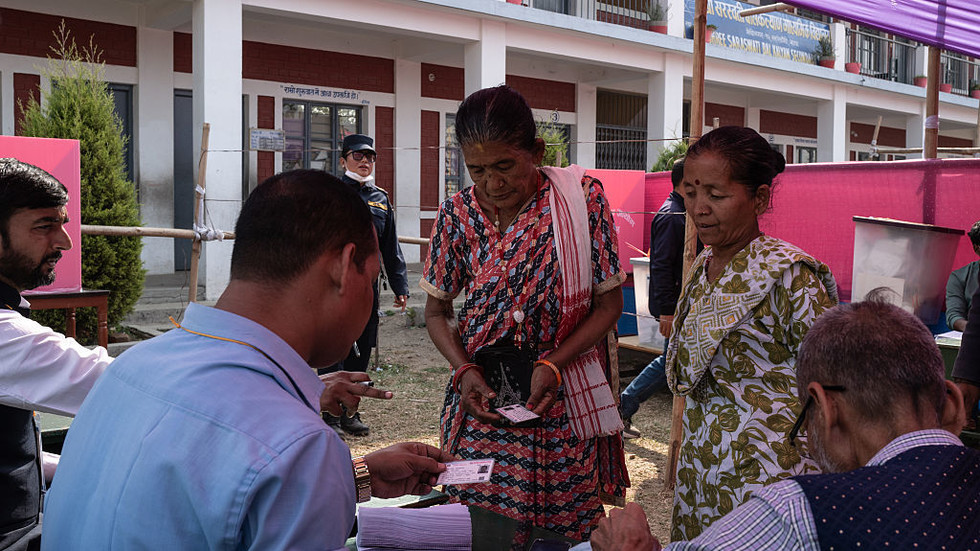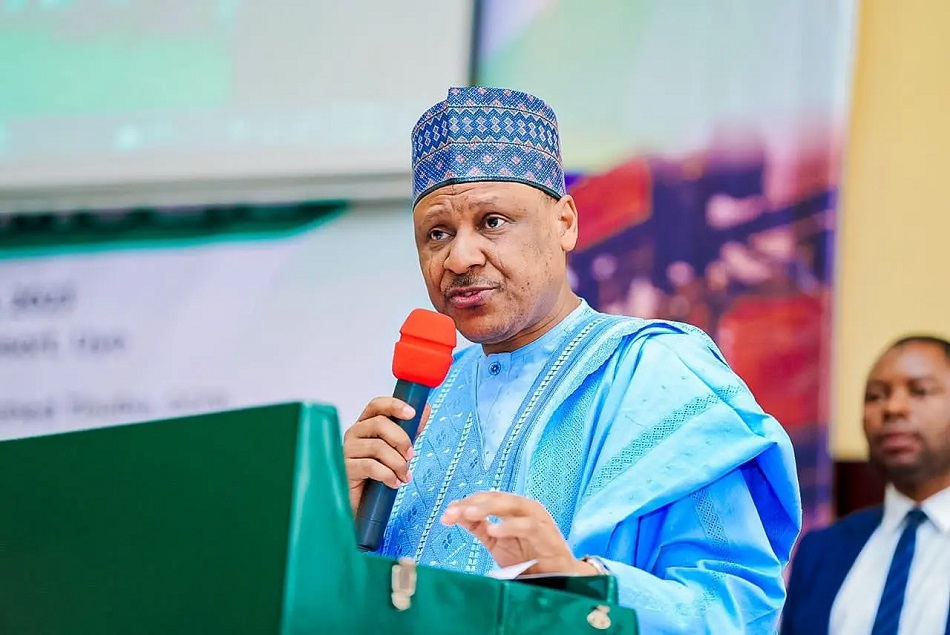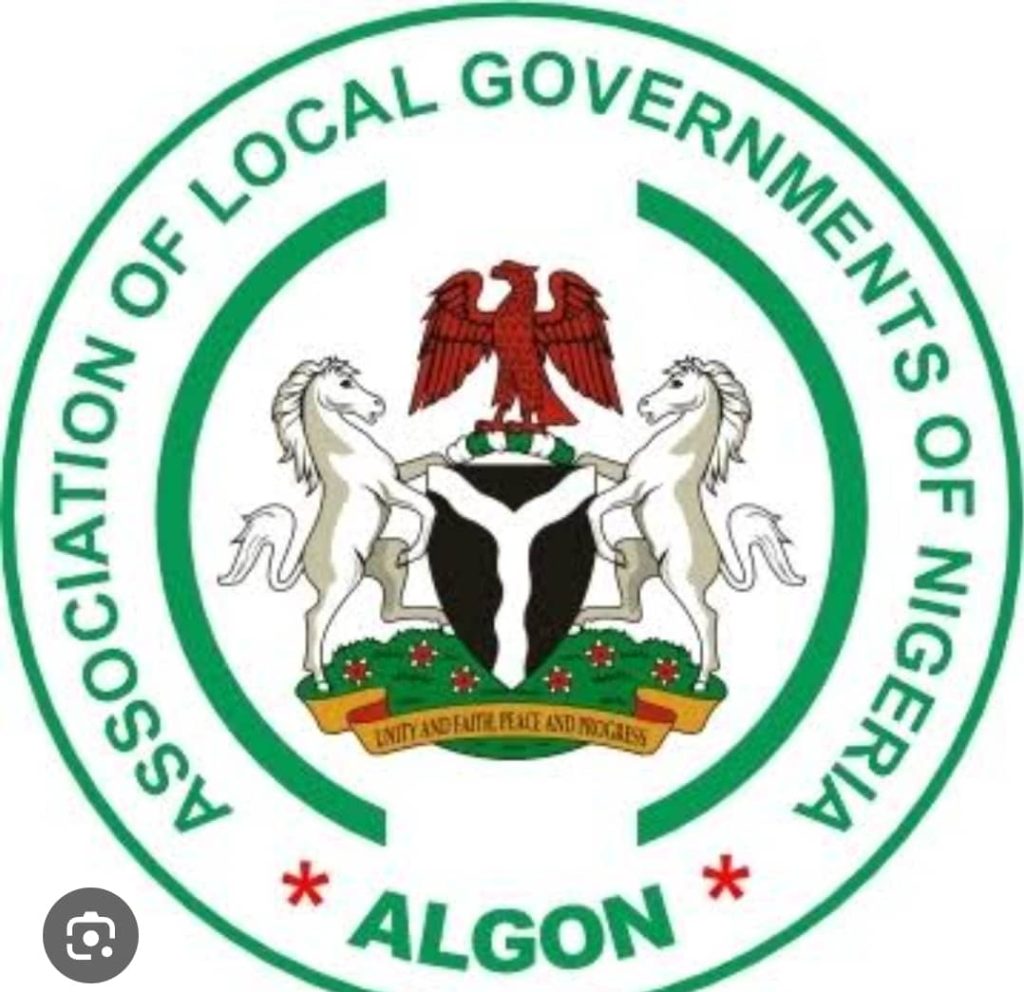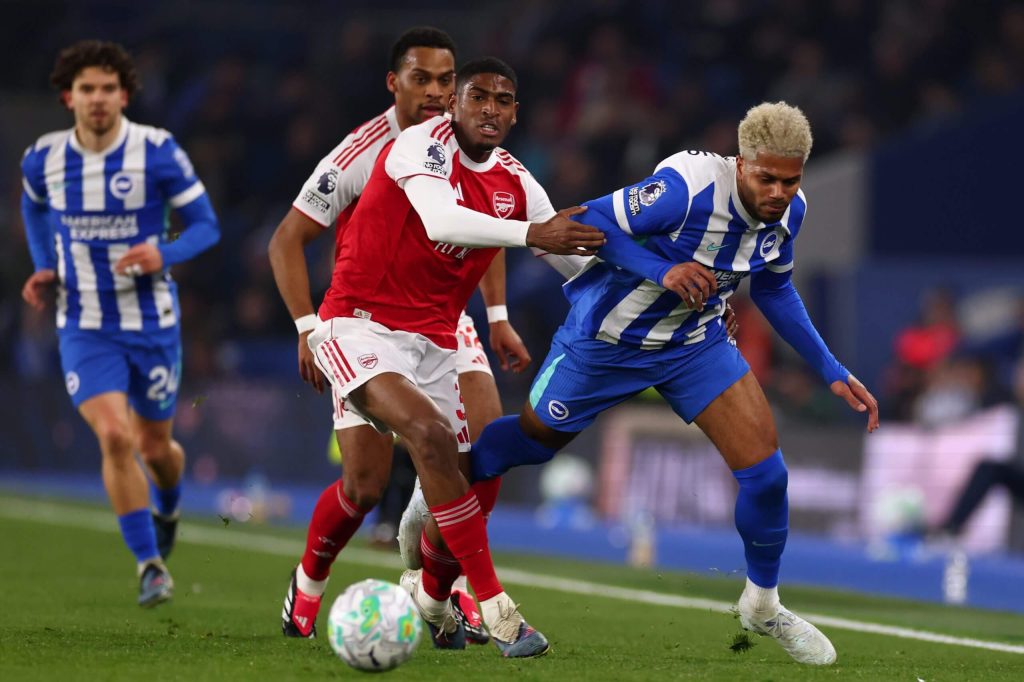A prominent figure in Nigeria’s opposition Peoples Democratic Party (PDP), Umar Sani, has cast doubt on Labour Party presidential hopeful Peter Obi’s pledge to serve only a single four-year term if elected in 2027, suggesting vocal supporters could pressure him to abandon the promise. The remarks, made during an interview on Channels Television’s The Morning Brief program, highlight growing political tensions ahead of Nigeria’s next general elections.
Sani, a former senator, acknowledged Obi’s personal integrity but argued that the Labour Party candidate’s commitment to a truncated tenure could waver under demands from his base. “Even if he swore an oath at a shrine, some wouldn’t believe him,” Sani remarked, referencing public skepticism. He emphasized that the debate centers not on Obi’s honesty but on the influence of his supporters, who might push for a second term if his administration succeeds. Nigeria’s constitution permits presidents to seek re-election once, enabling a maximum of two four-year terms.
Obi’s one-term pledge, first declared in July 2023 during a public engagement, was framed as a bid to prioritize governance over prolonged power. “I don’t need a day more than four years. I will show the direction of good governance,” he said at the time. However, critics like Sani question the practicality of the proposal, noting that high performance in office could fuel calls for continuity. “If his first term is commendable, supporters will urge him to stay,” Sani added.
The discussion has reignited debates about political accountability and the role of public pressure in Nigeria’s democracy. Meanwhile, Sani advocated for his own party to rally behind former President Goodluck Jonathan, who led Nigeria from 2010 to 2015, as its 2027 flagbearer. He framed the suggestion as strategic, particularly for garnering support in the country’s northern regions. “The law has settled questions about Jonathan’s eligibility,” Sani said, alluding to constitutional provisions that permit former leaders to contest again after a break. Jonathan, defeated in 2015 by incumbent President Muhammadu Buhari, has not publicly expressed interest in a comeback.
Obi’s pledge and Sani’s critique underscore broader uncertainties in Nigeria’s political landscape, where shifting alliances and regional calculations often dominate electoral strategies. As parties begin informal preparations for 2027, the focus on term limits and candidate credibility reflects选民priorities amid persistent economic and security challenges. Analysts suggest such debates may intensify as campaigns formalize, testing the balance between individual promises and party loyalties.



